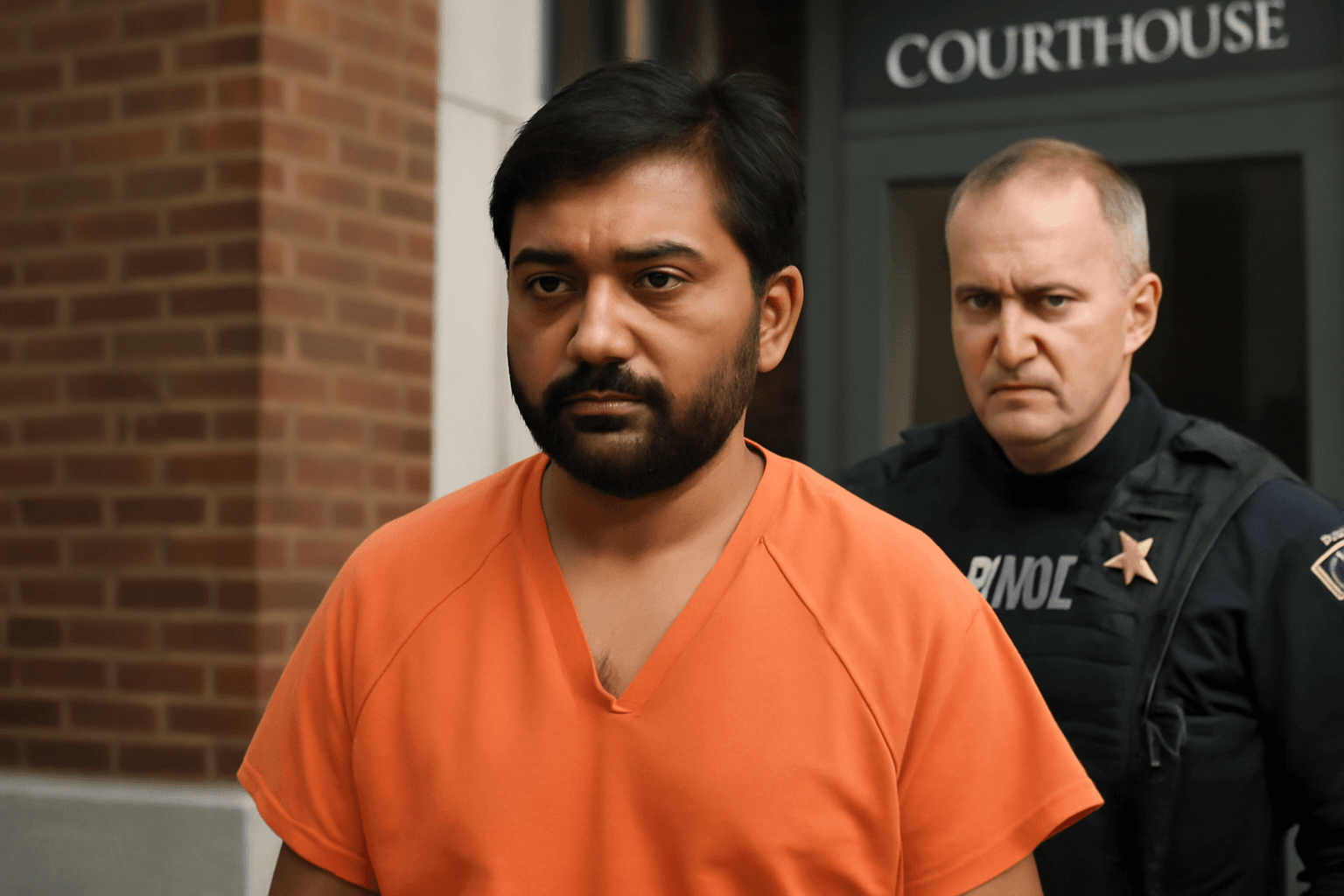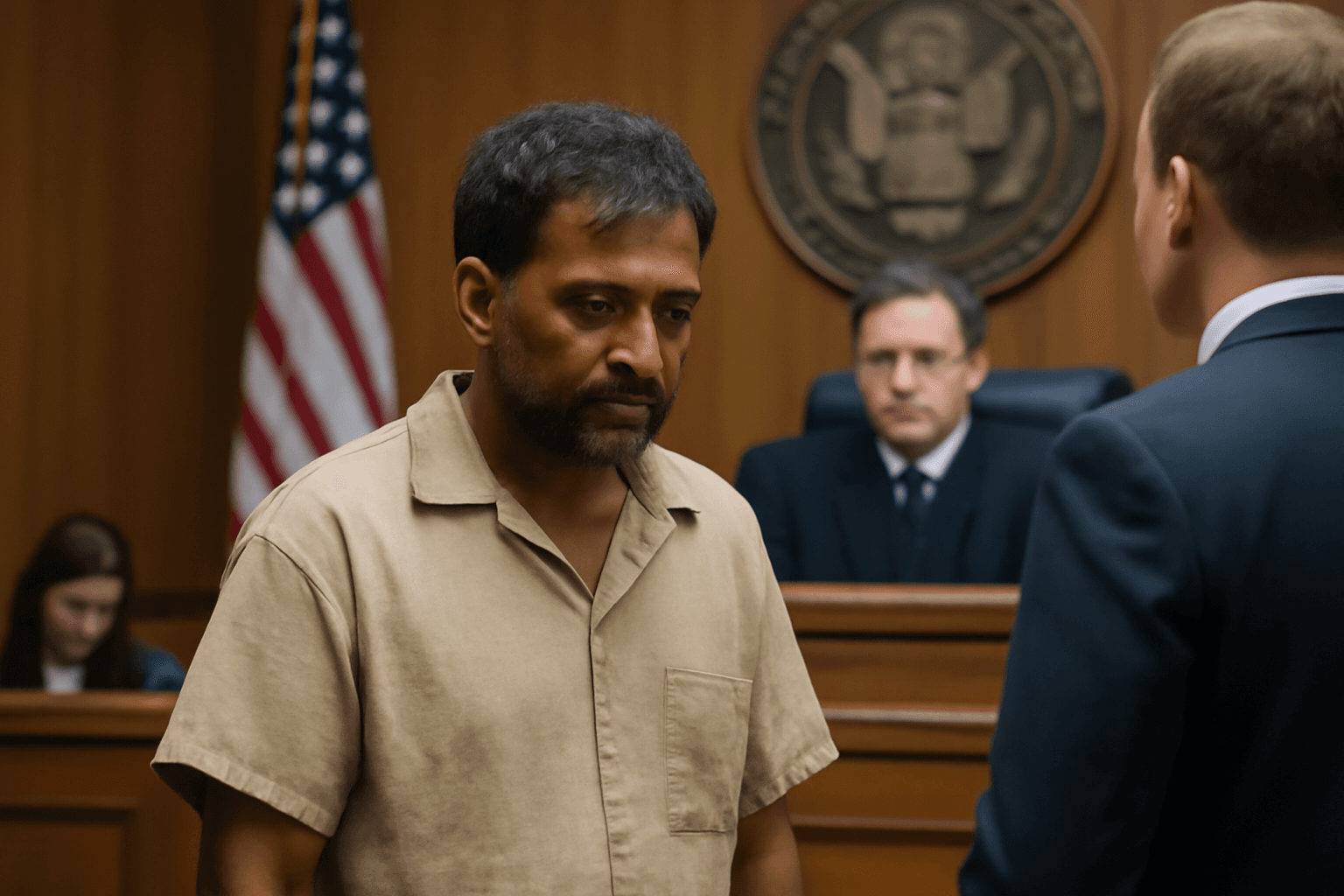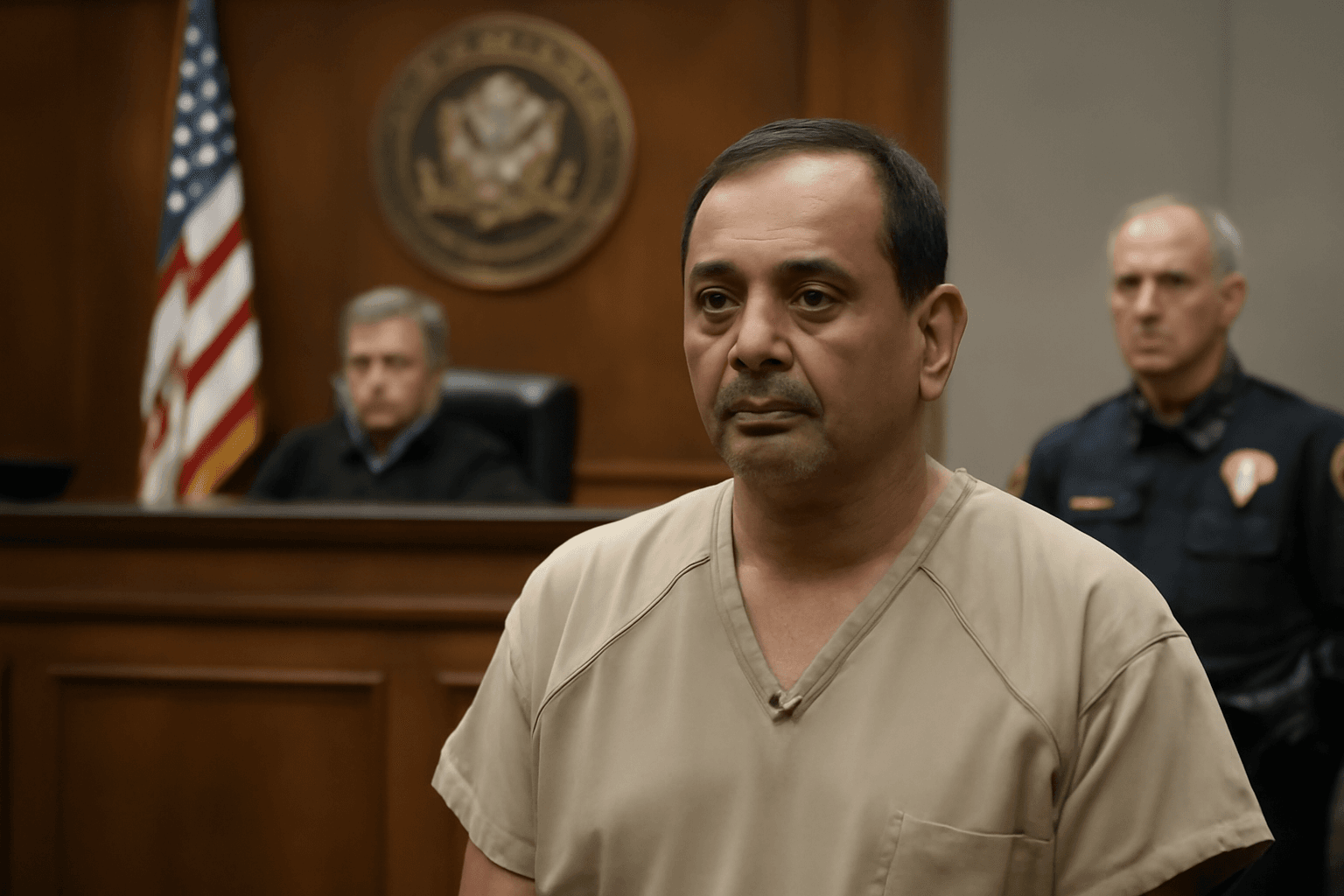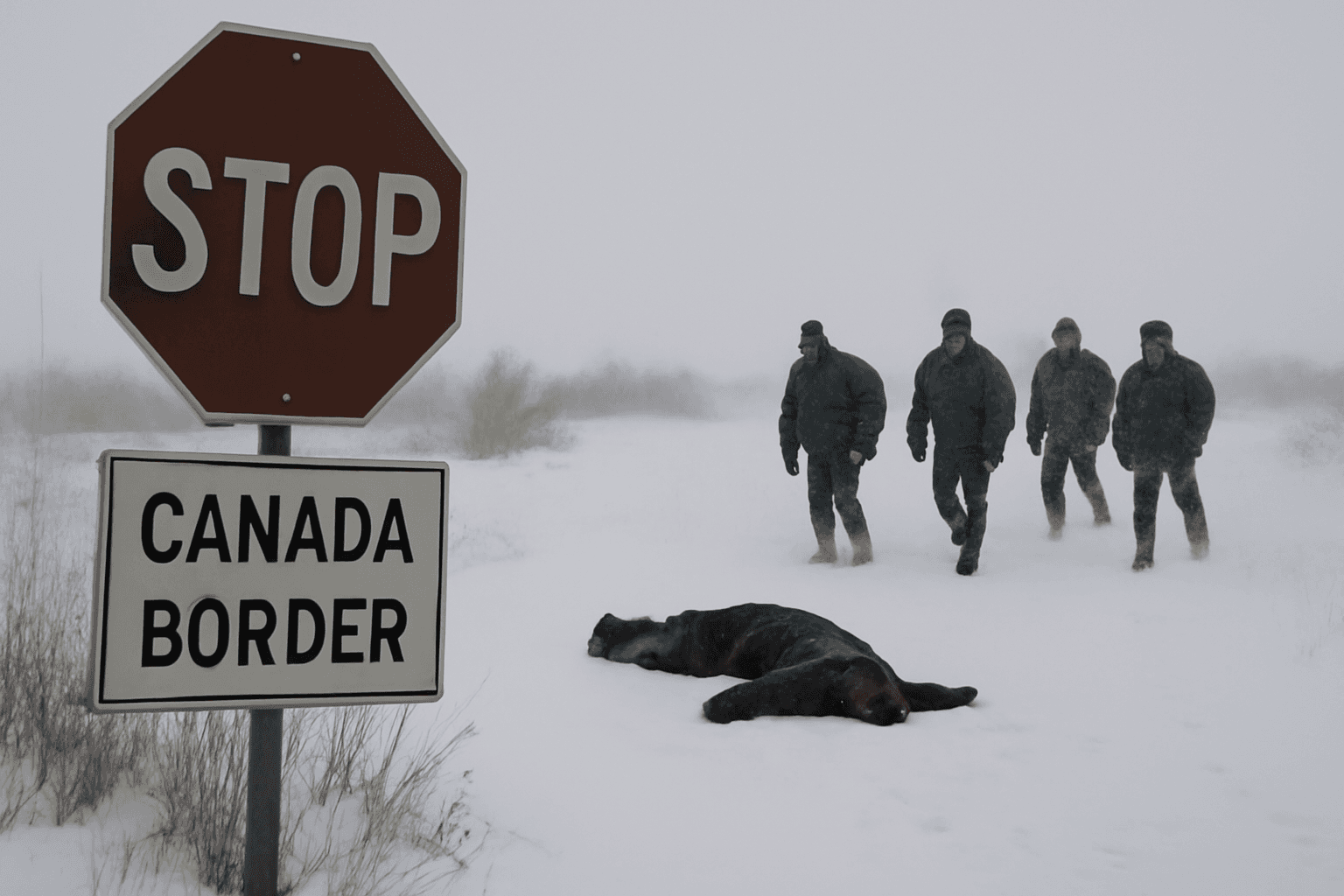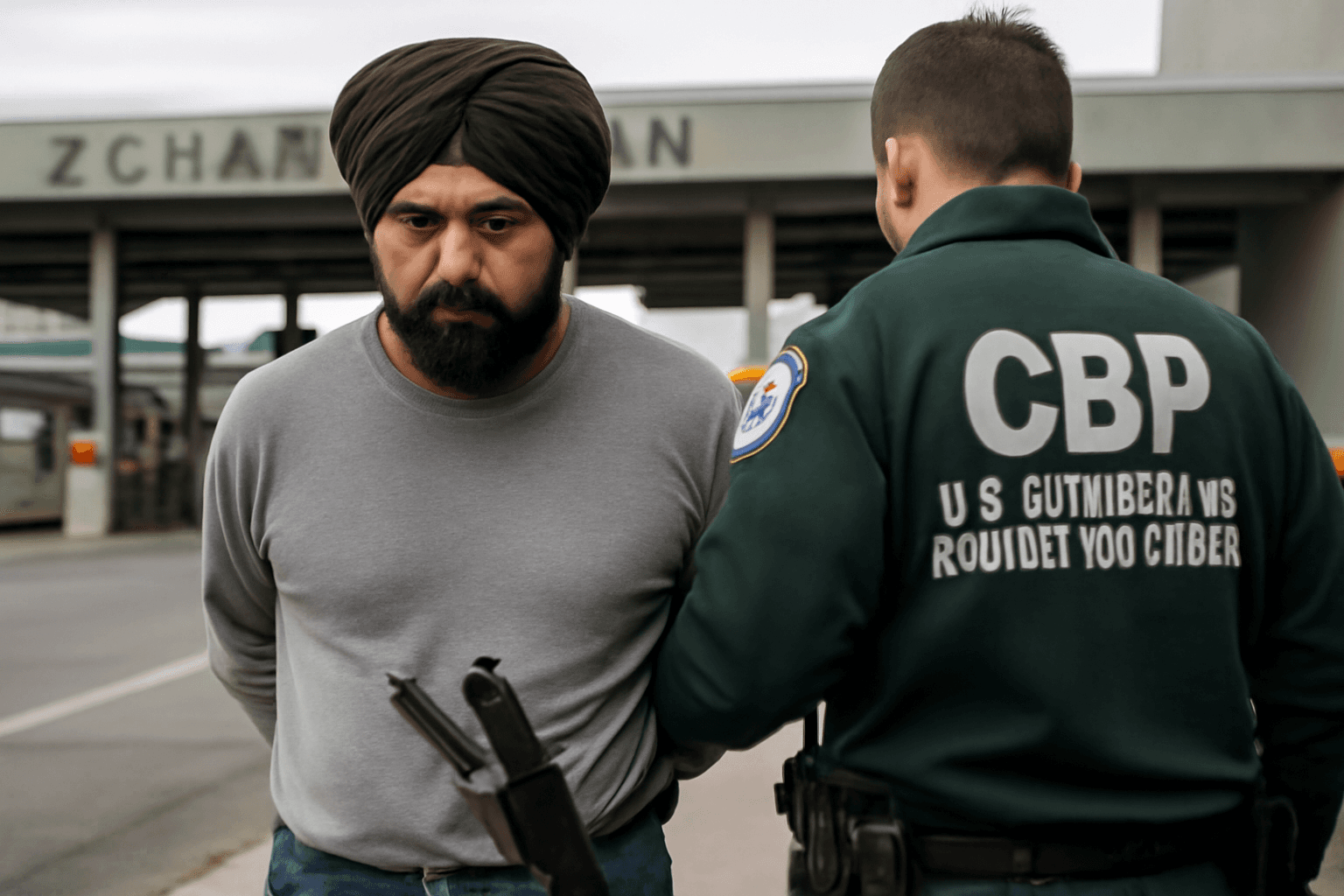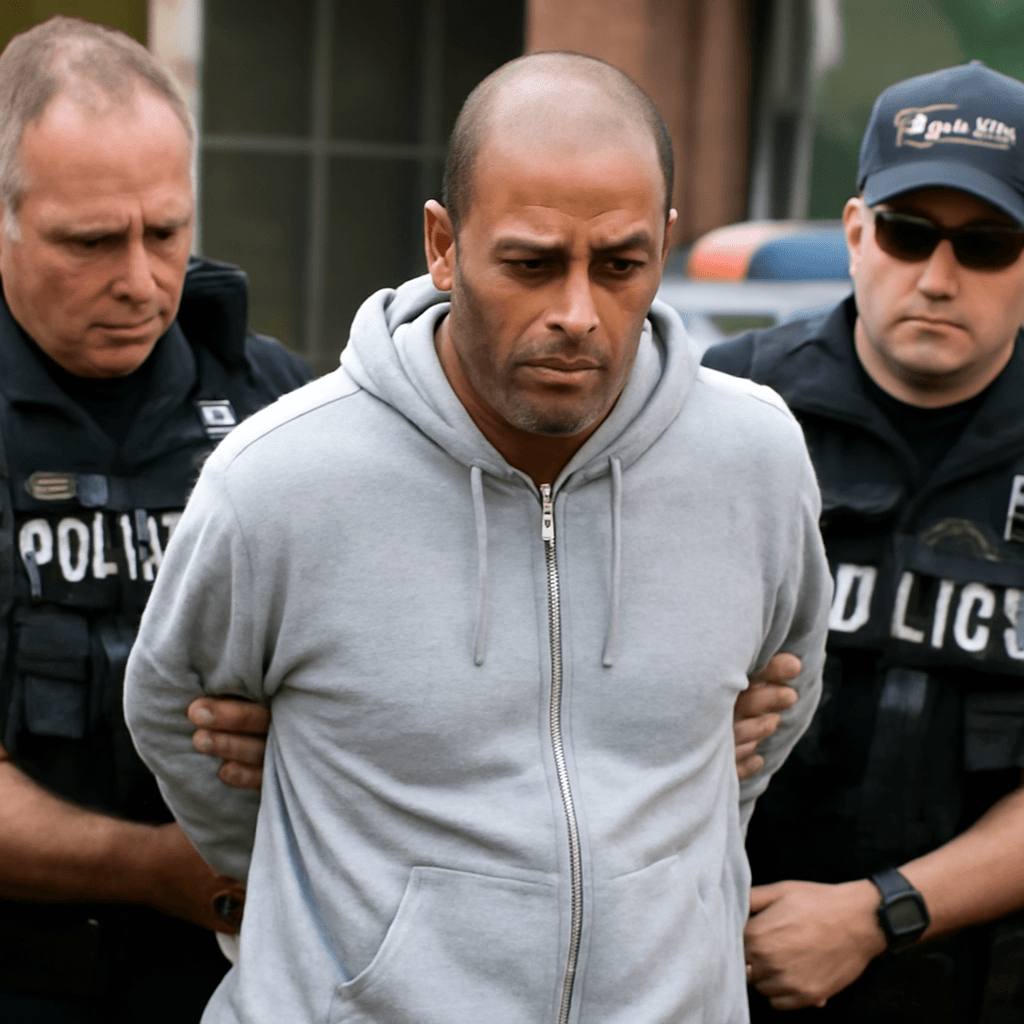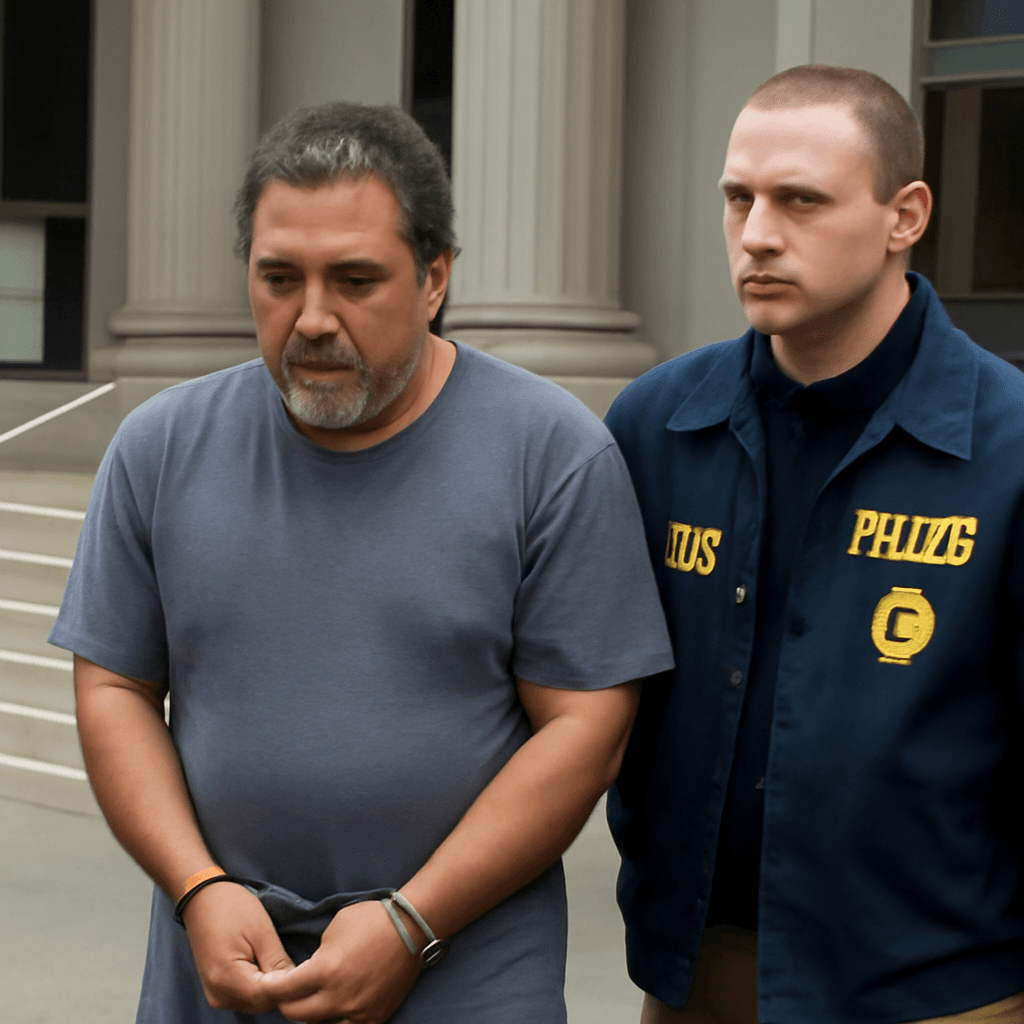Over three years after an Indian family tragically froze to death while attempting to cross the US-Canada border during a blizzard, the lead organizer of the human smuggling operation responsible has been sentenced to a decade in prison.
On May 28, 2025, in Fergus Falls, Minnesota, US District Judge John Tunheim sentenced Harshkumar Ramanlal Patel to 10 years behind bars. Patel, an Indian national alleged to have operated under the alias “Dirty Harry,” was convicted alongside his co-conspirator Steve Anthony Shand, a Florida resident who served as the driver in the scheme. Shand’s sentencing also took place on the same day. The convictions followed their trial in November of the previous year on multiple federal counts related to the smuggling plot.
Details of the Tragic Incident
The deceased family comprised Jagdish Patel, 39, his wife Vaishaliben, their 11-year-old daughter Vihangi, and 3-year-old son Dharmik. The family originated from Dingucha, Gujarat, India. They perished on January 19, 2022, in extreme cold near the border between Manitoba and Minnesota after attempting to illegally enter the United States.
Investigators revealed the survived family members were inadequately clothed, provided only what smugglers supplied, and many experienced severe hypothermia or frostbite. The father died shielding his youngest from brutal winds recorded at a chilling wind chill of -36°F (-38°C).
Operation and Legal Proceedings
Prosecutors described the operation as a sophisticated smuggling ring transporting individuals from India to Canada on student visas before illegally crossing them into the US. Though Harshkumar Patel and the victims shared a common surname, no familial relation existed. The smugglers targeted hopeful migrants from Patel’s own home state.
Federal prosecutors recommended harsh sentences: nearly 20 years for Patel, citing a lack of remorse and significant evidence, and over 10 years for Shand, whom they characterized as primarily motivated by profit. Comments from prosecutors highlighted callous behavior, including Shand denying knowledge of stranded migrants despite knowing of their peril.
The defense argued insufficient evidence and minimal culpability, especially for Shand, whose attorney portrayed him as a financially desperate driver uninvolved in planning and decision-making.
Conclusion
The sentencing marks a critical step in addressing human trafficking and smuggling crimes that have endangered many vulnerable migrants seeking better lives abroad. Authorities continue to emphasize the dangers posed by such illegal activities amid harsh environmental conditions.

